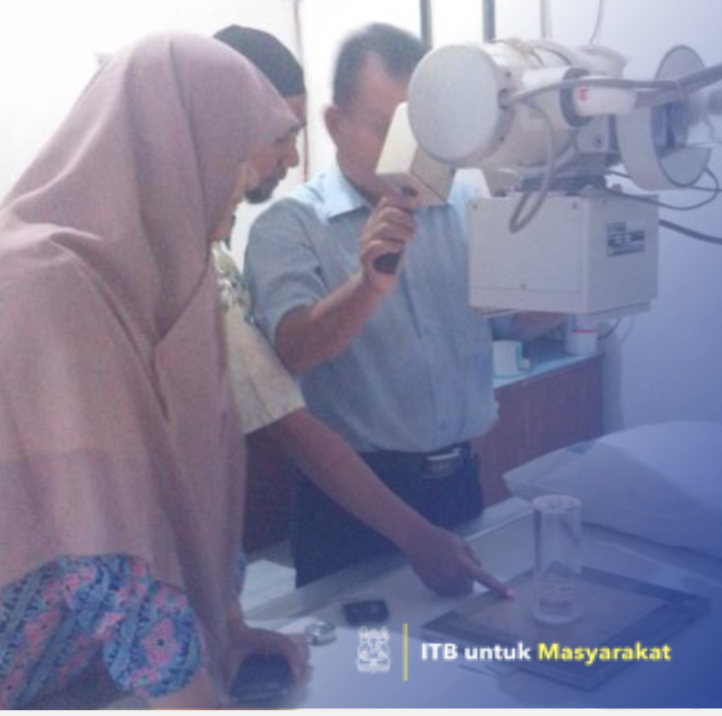

Astri Handayani
Advances in biomedical biosensors and instrumentation at this time have made it possible to measure biomedical signals massively and continuously, with relatively very efficient technical investments and operational costs. The amount of quantitative or semi-quantitative medical information that can currently be collected is sufficient to develop machine learning algorithms supporting the automation of clinical inference. The automation of clinical inference has a broad impact on medical specializations where: early detection of disease needs to be done in large populations and with repeated periods, early detection of disease is very dependent on the doctor's qualitative or semi-quantitative assessment or the patient's subjective perception, the number of medical specialist is limited or unevenly distributed. Machine learning research in this study is therefore focused on ophthalmology, oncology and neurology specialties. In this study, the focus of the development of machine learning models for computer-aided diagnosis systems was established to assist in the implementation of early detection of diabetic retinopathy at Cicendo Eye Hospital and diagnosis of cancer, parkinson’s disease, and low back pain in oncology and neurology clinics.
Penerapan Teknologi Tepat Guna, Penerapan Karya Tulis
early detection of disease needs to be done in large populations and with repeated periods, early detection of disease is very dependent on the doctor's qualitative or semi-quantitative assessment or the patient's subjective perception, the number of medical specialist is limited or unevenly distributed.